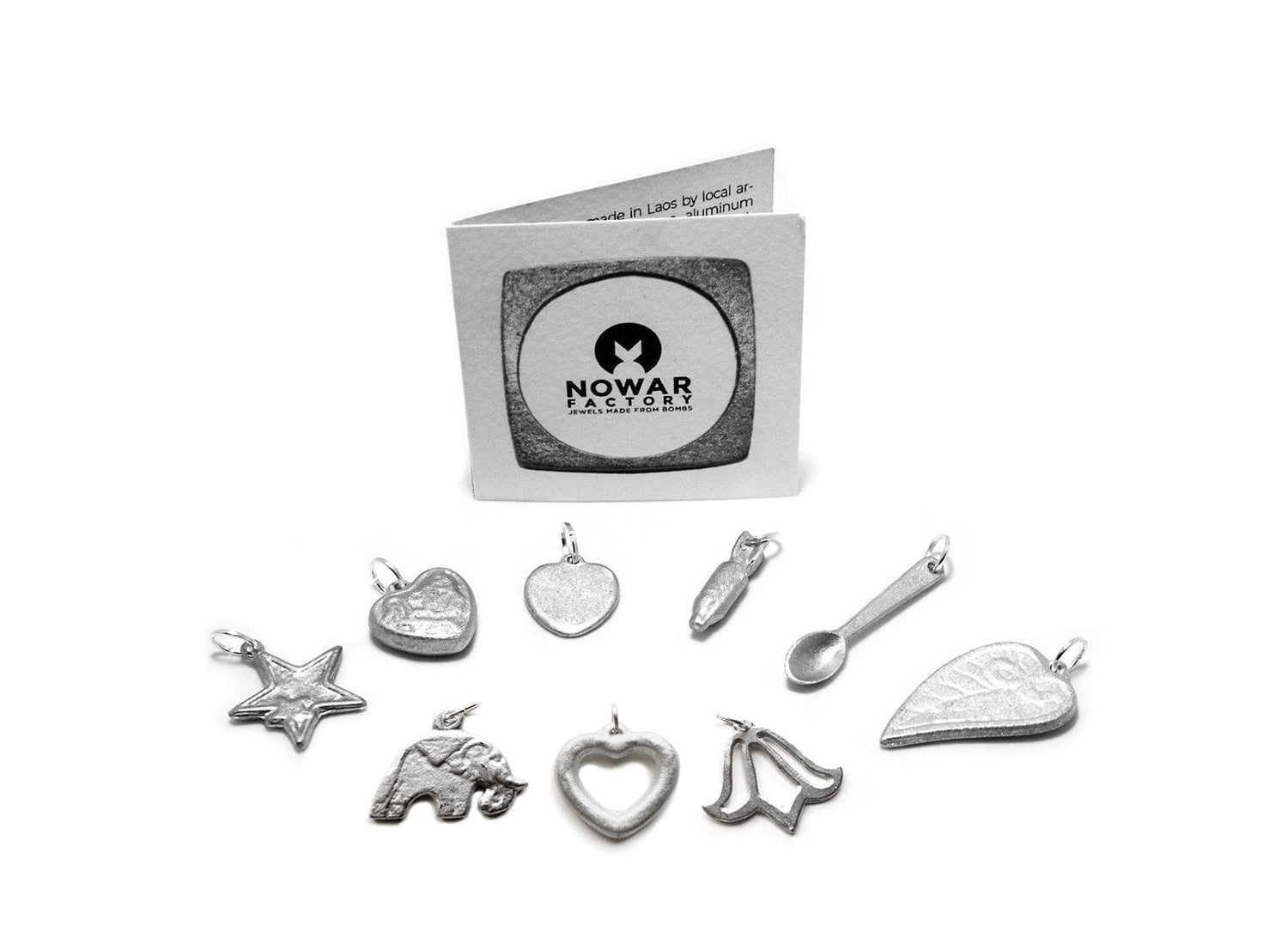Traveling Responsibly in Laos: The Ultimate Guide to Ethical Tourism
Laos, with its extraordinary natural beauty and the allure of an authentic culture, is a must-visit destination for travelers seeking a unique experience. However, to ensure that tourism is a force for good, it is essential to adopt responsible practices that respect the environment, local communities and animals.
In this article we explore how to have an ethical experience in Laos, with a particular focus on elephant protection and how to choose activities that are truly sustainable.
Why Responsible Tourism is Essential in Laos
Laos is a country that fascinates with its breathtaking landscapes, such as the Kuang Si Falls and the mysterious Mekong, but also with its centuries-old traditions and welcoming local communities. However, the growing popularity of tourism has led to significant challenges, including:
- Deforestation for tourism development.
- Cultural impact linked to the introduction of unsustainable practices.
- Exploitation of animals , especially elephants.
Taking a responsible approach means preserving these resources for future generations, while making a positive contribution to local communities.
The Truth Behind Elephant Centers
The Cultural Significance of Elephants in Laos
Known as the "Land of a Million Elephants," Laos has a long history of coexistence with these majestic animals. Once the mainstays of agriculture and transportation, elephants are now increasingly threatened by deforestation and exploitation for tourism.
The Problem of Elephant Camps
Many tourists visit Laos eager to have a unique experience with elephants, but few know that cruel practices often lie behind the scenes. Among the most common problems are:
- Traumatic training : Many elephants are subjected to violent treatment to be made docile.
- Tourist rides : Often promoted as “authentic experiences,” but extremely harmful to elephant health.
- Precarious living conditions : Chains, malnutrition and lack of adequate medical care.
What to Do to Protect Elephants
If you want to have a respectful experience, look for centers that prioritize the protection and conservation of elephants. One example is the Elephant Conservation Center (ECC) , which is dedicated to the rehabilitation and reintegration of elephants into their natural habitat. Here, instead of riding elephants, you can observe them in their environment and learn about the challenges of their conservation.
How to Travel Responsibly in Laos
1. Choose Ethical Facilities and Services
- Opt for locally run eco-lodges and guesthouses.
- Look for tour operators that promote sustainable practices.
2. Reduce Your Environmental Impact
- Bring a reusable water bottle with you.
- Avoid purchasing products made from illegal materials or wild animals.
- Reduce plastic use, especially in rural areas where recycling is limited.
3. Respect Local Culture and Traditions
- Dress respectfully, especially in temples and villages.
- Learn some basic Lao phrases to communicate with locals.
- Participate in craft workshops to support local artisans.
Destinations to Explore Ethically
Luang Prabang
This World Heritage city is famous for its Buddhist temples and night markets. Participate in the monks' morning alms ritual with respect, keeping your distance and following local rules.
The Plain of Jars
This unique archaeological site offers a glimpse into Laos' mysterious past. Visit with a local guide to help support the area's economy.
The Mekong
A cruise along the Mekong River is an experience not to be missed. Choose operators that minimize environmental impact and respect the communities that live along the river.
Traveling responsibly in Laos doesn’t mean giving up the joy of exploring, but doing so with greater awareness and respect. Choosing ethical experiences, such as visiting conservation-focused elephant sanctuaries, is an important step in ensuring that tourism is a force for good.
Laos awaits you, but remember that every choice you make can make a difference to the future of this extraordinary country.
Looking for handmade products and recycled jewelry? Visit our shop!


